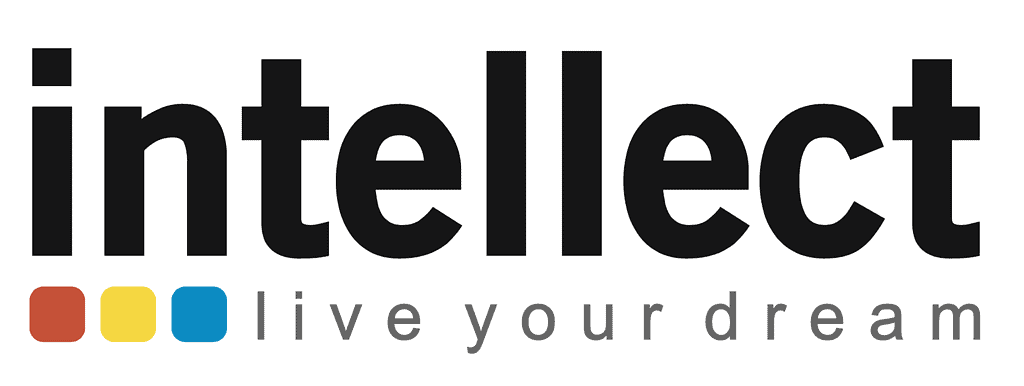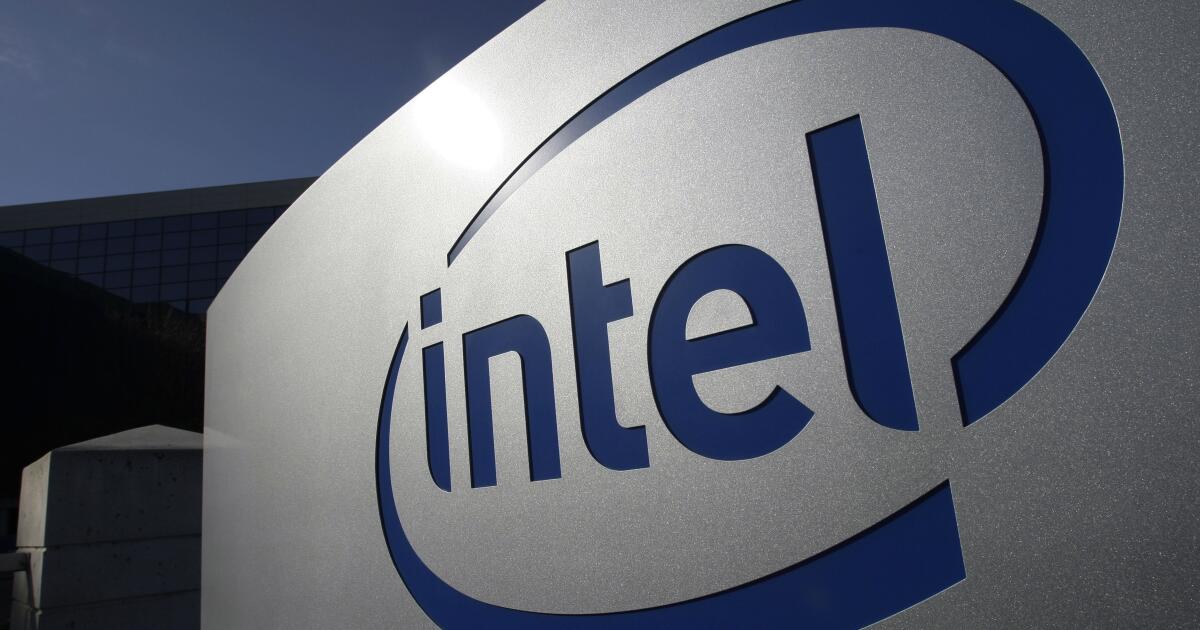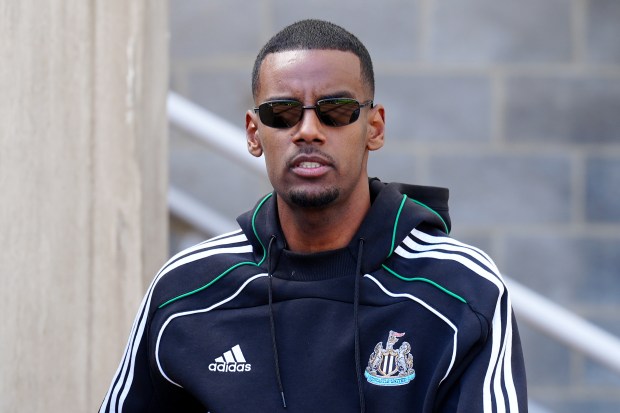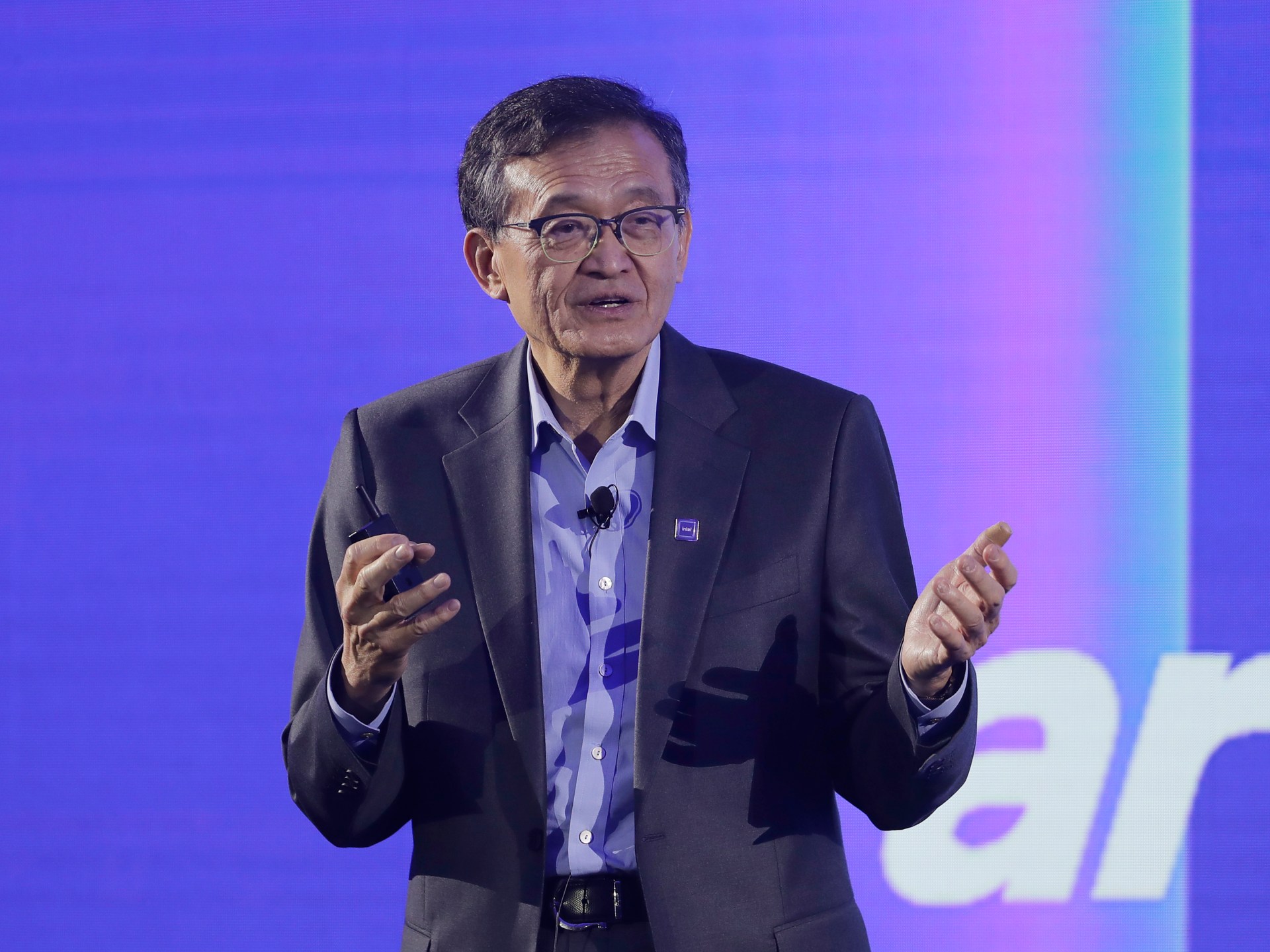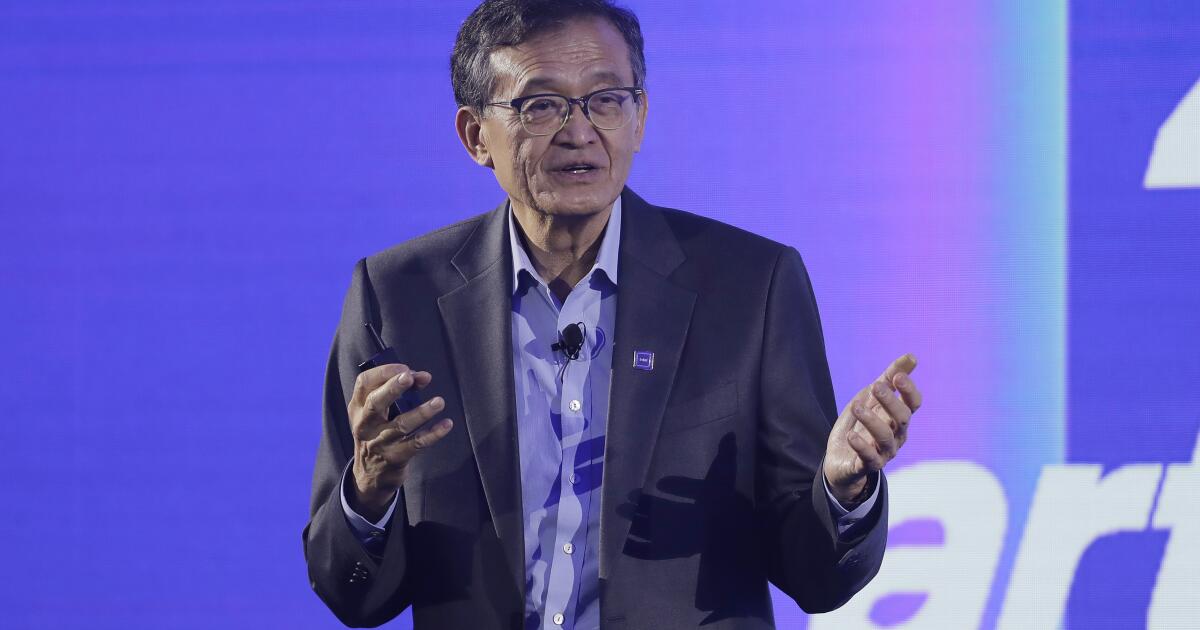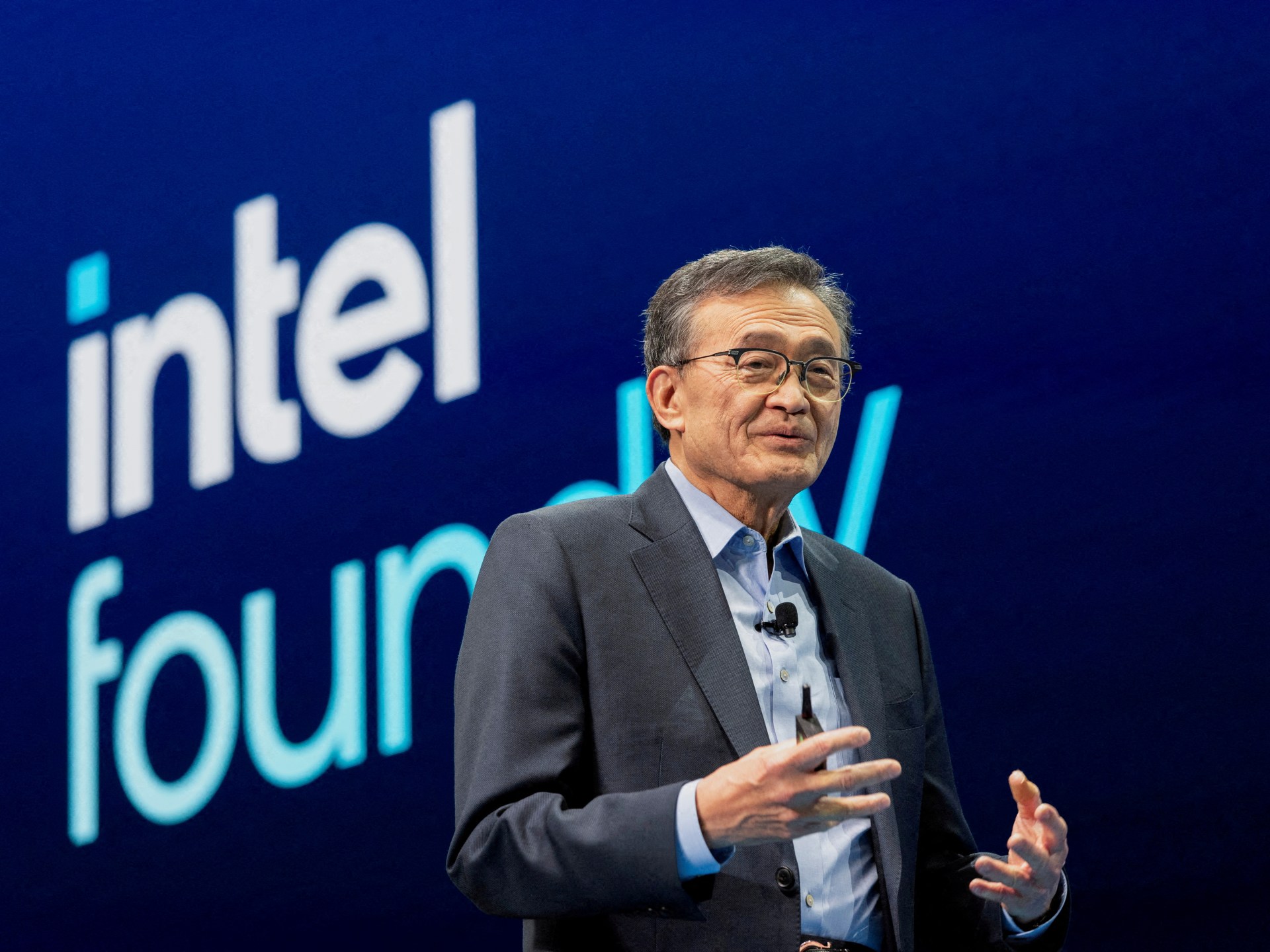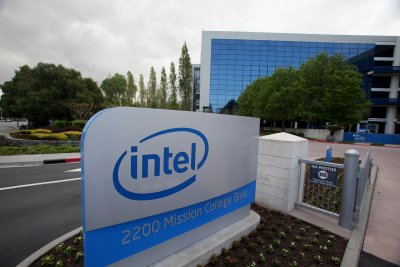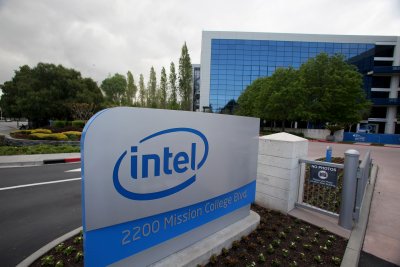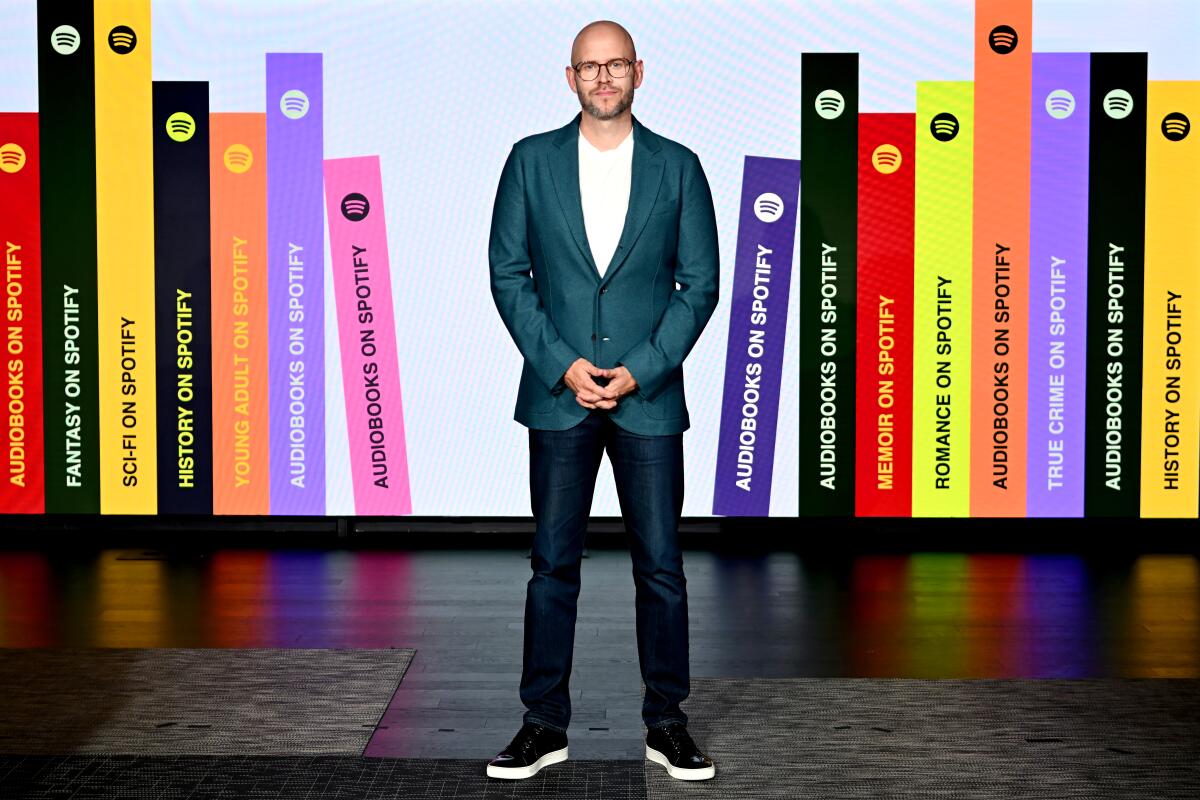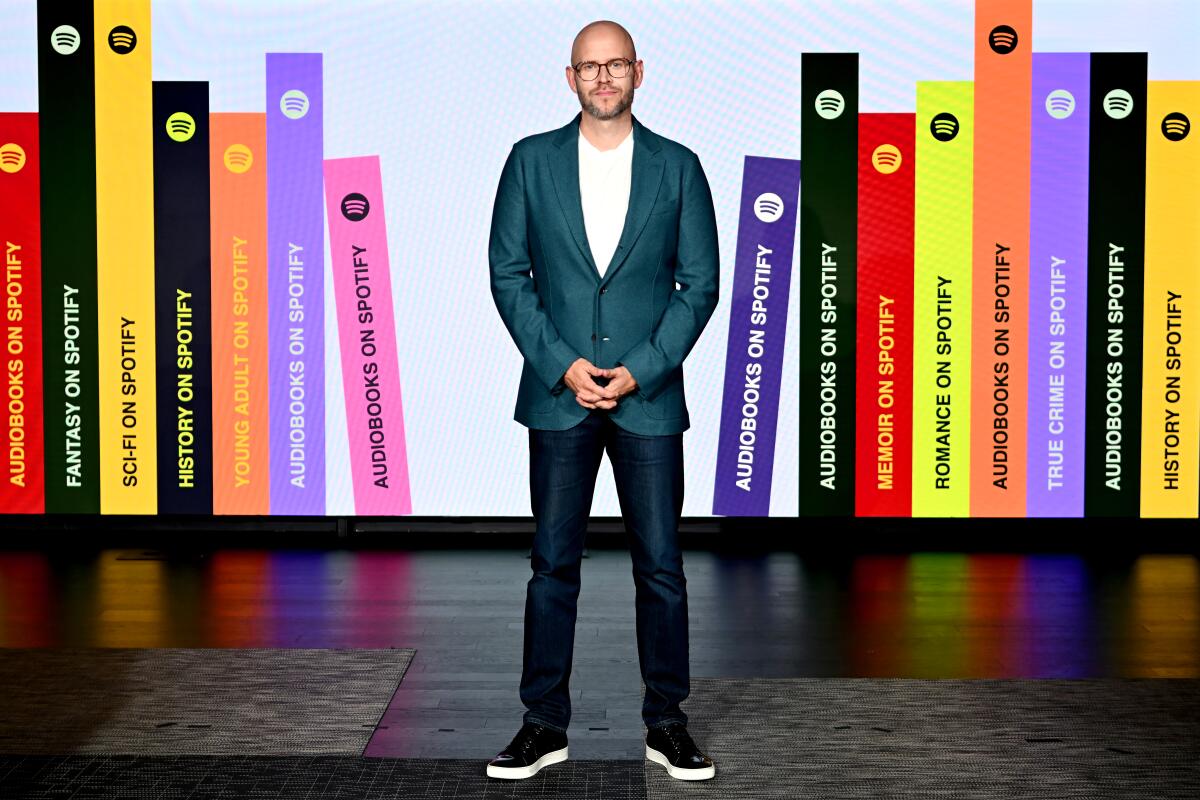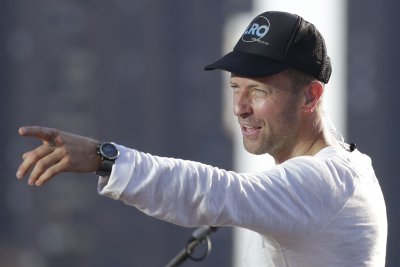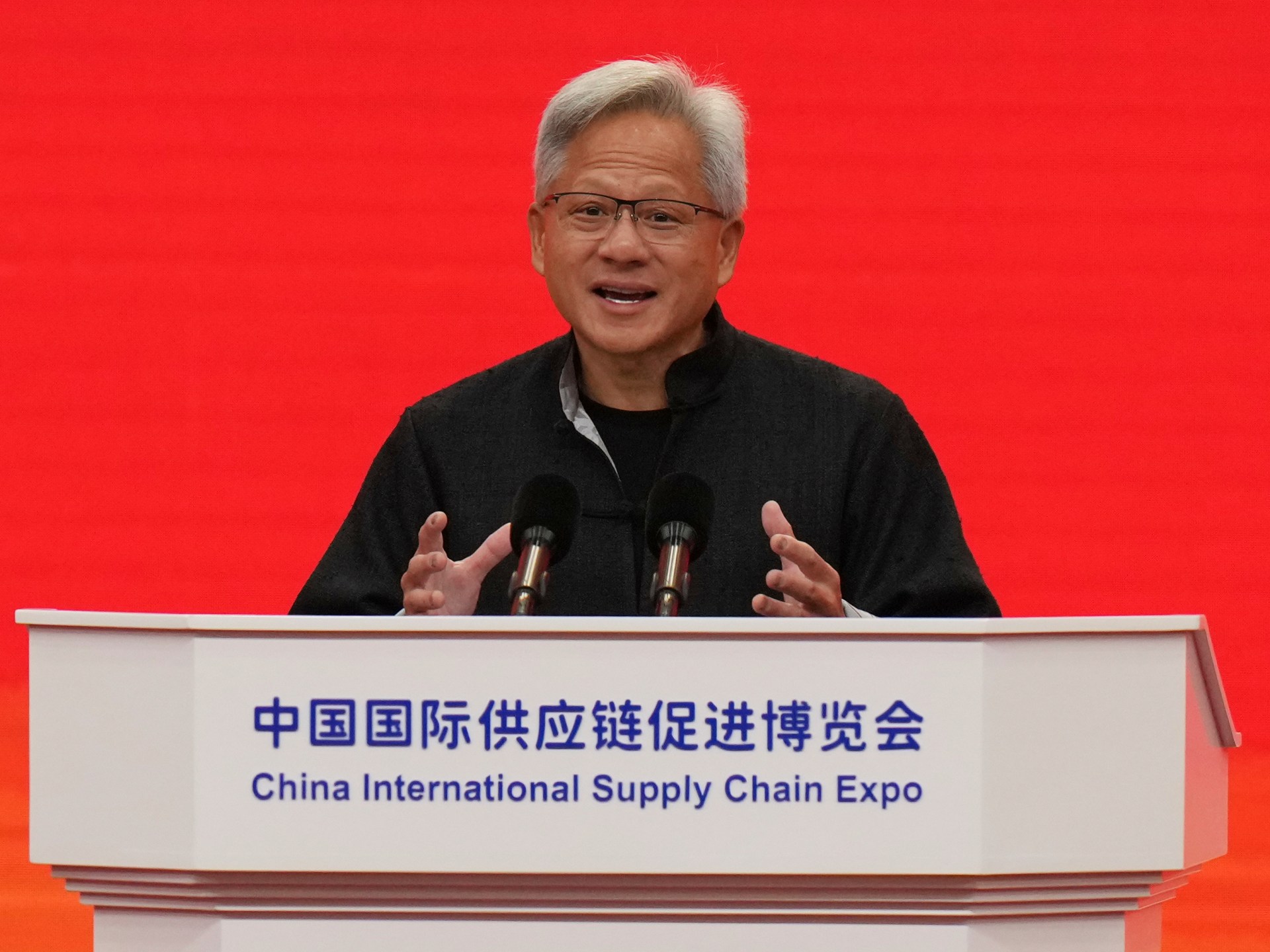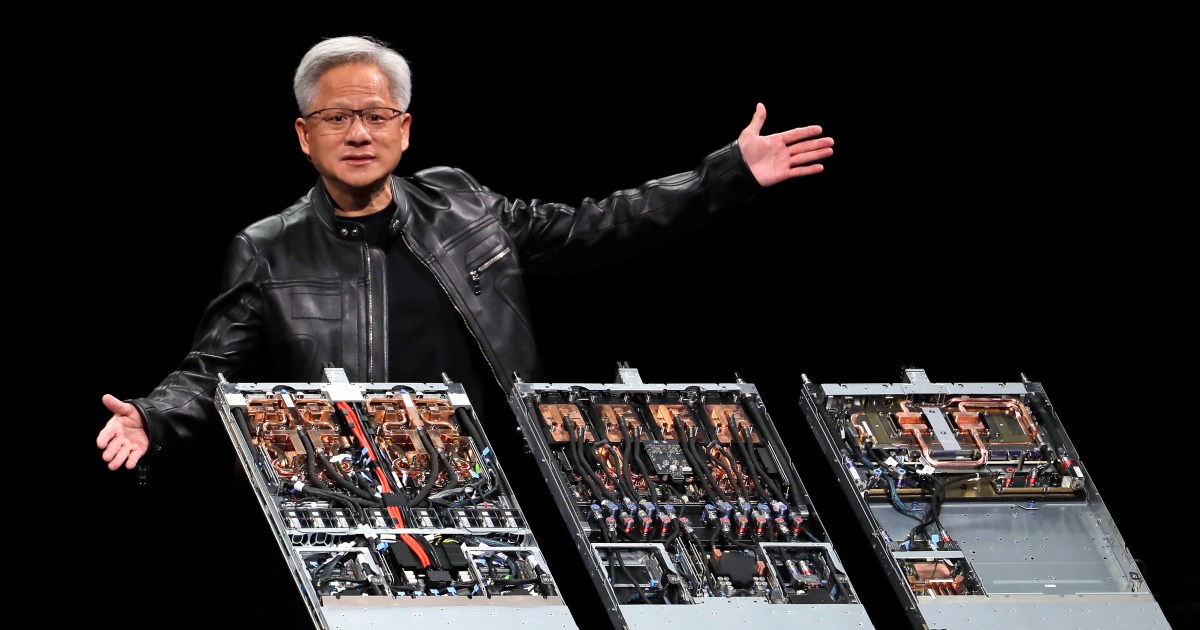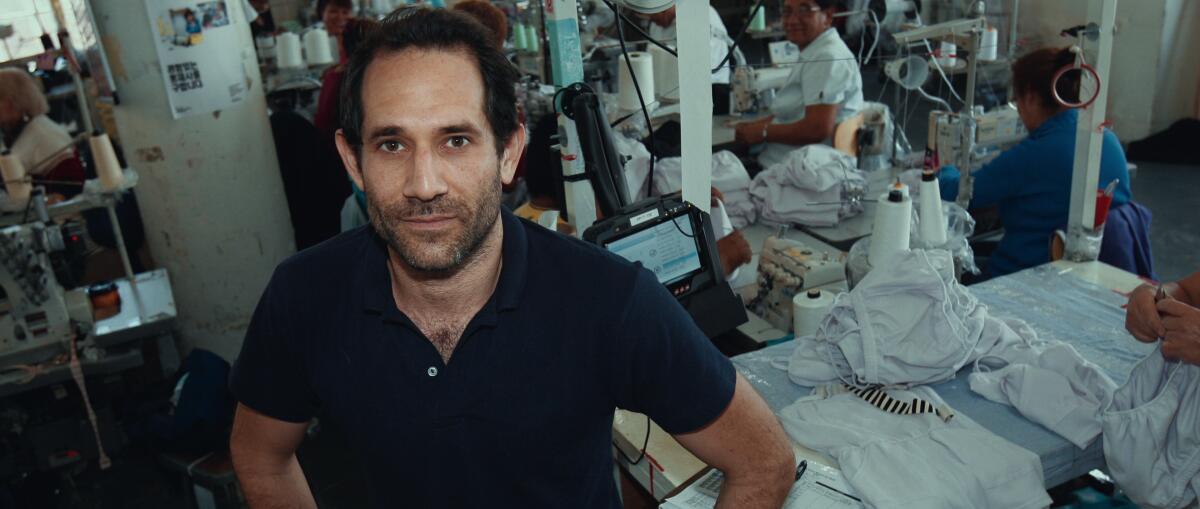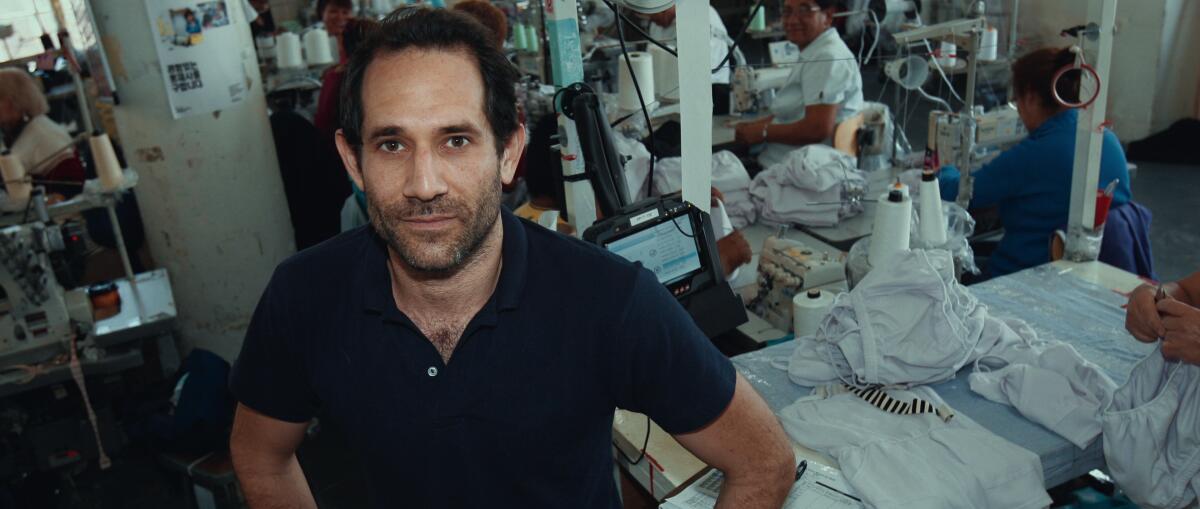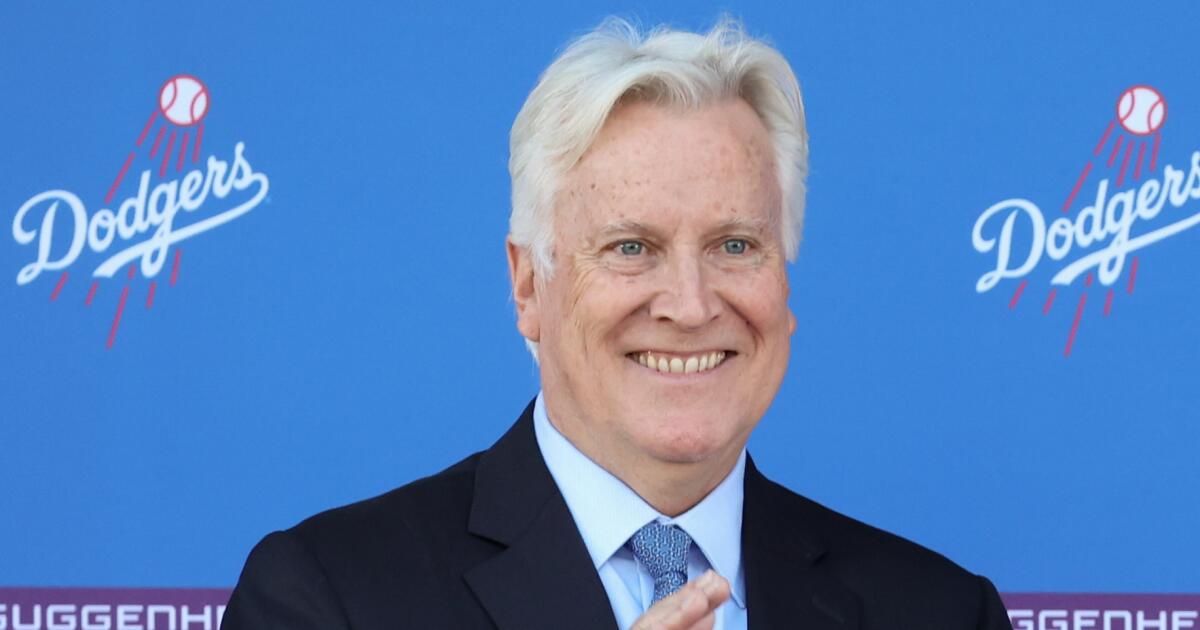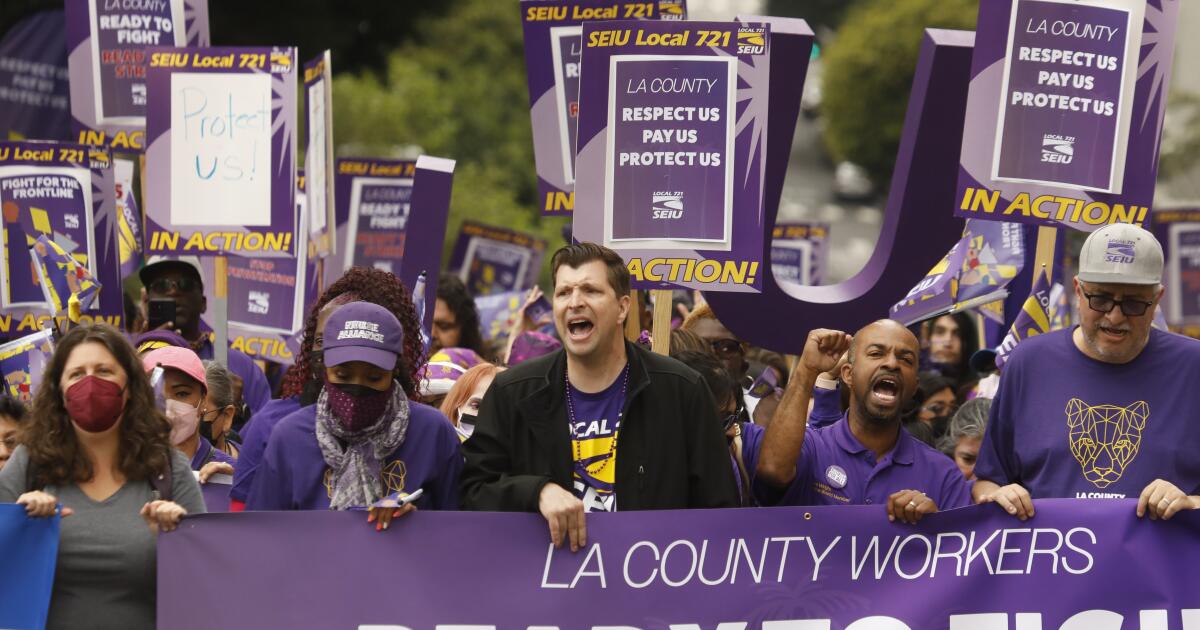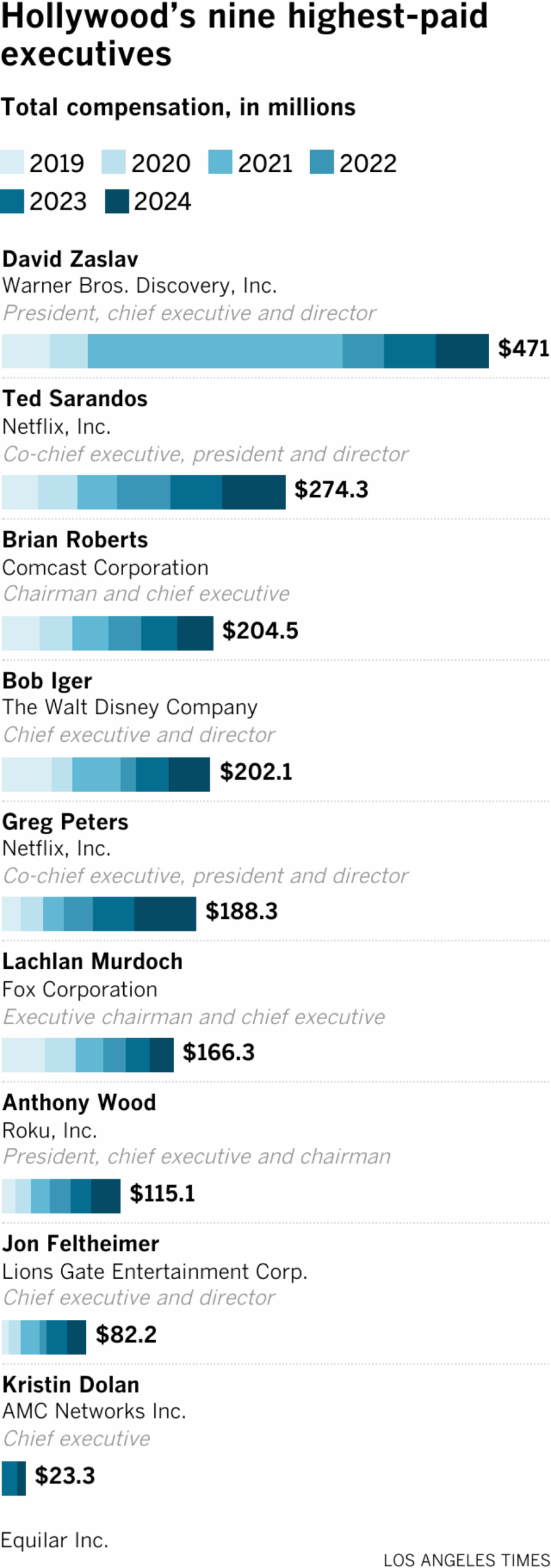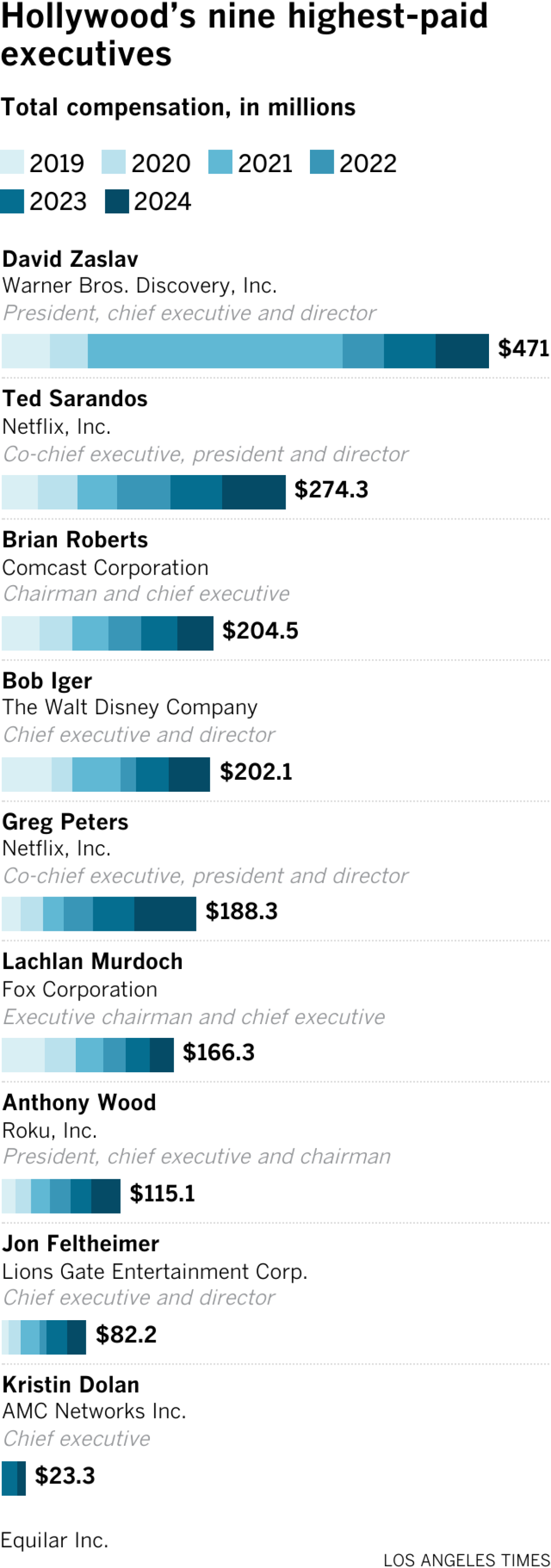Warner Bros. Discovery is in poor shape — so much so that Chief Executive David Zaslav has decided to unwind the 2022 merger he orchestrated by splitting the company in two.
But Zaslav himself is doing just fine, to the chagrin of shareholders.
In a rare searing rebuke, investors recently cast a symbolic vote disapproving of Zaslav’s 2024 compensation package, which rose 4% to $51.9 million compared with the year before.
The package, approved by the company’s board of directors, ensured that Zaslav remained one of the nation’s highest-paid corporate leaders. Proxy advisory firm Institutional Shareholder Services, known as ISS, described the company’s executive compensation packages as “an unmitigated pay-for-performance misalignment.”
The situation renewed scrutiny of the compensation levels for leaders of the top entertainment companies, which remain high compared with peers in other industries.
Although 2024 was a bad year for Hollywood, it was a very good year for some of the industry’s top executives, according to a survey of data by Equilar, which studies executive pay, for The Times.
The median compensation for those executives for 2024 was $33.9 million, up 7% from 2023, Equilar said. That’s about double the median compensation of CEOs at S&P 500 companies, which was $17.1 million last year.
The compensation data include stock options, base salaries, bonuses and other perks for CEOs from Netflix, Fox Corp., Roku, Lions Gate Entertainment Corp., AMC Networks, Comcast, Warner Bros. Discovery and the Walt Disney Co.
Paramount was excluded from the median data because of a change from one CEO to three in April 2024.
“The compensation packages remain somewhat out of whack based on the good old days where the margins were substantially higher,” said Evan Shapiro, a former NBCUniversal executive who now runs his own company. “The Hollywood era got used to very specific — some would argue irrational — pay packages and never readjusted itself when the business went haywire.”
Pay packages increased for Netflix co-CEOs Ted Sarandos and Greg Peters, reflecting the streaming giant’s strong performance. The value of Sarandos’ pay package went up 24% to $61.9 million, while Peters’ went up 50% to $60.3 million.
Other executives whose compensation increased included Bob Bakish, who was ousted as CEO of Paramount in April 2024. He had a package worth $86.96 million in 2024 (which included his roughly $69 million severance), up 178% from $31.3 million a year earlier.
Disney chief Bob Iger, who spent 2024 mounting a turnaround for the Burbank-based company, earned $41.1 million, up 30% from the previous year. During the year, Disney had renewed strength at the box office and achieved streaming profitability after years of losses.
Fox Corp.’s CEO Lachlan Murdoch’s total pay rose 9% to $23.8 million, while Roku CEO Anthony Wood got a bump of 37% to $27.7 million.
Others got a pay cut. Comcast CEO Brian Roberts’ 2024 compensation declined 5% to $33.9 million, primarily due to a lower cash bonus. AMC Networks CEO Kristin Dolan had a 40% drop to $8.7 million last year related to a $6.8-million equity award she received in 2023 tied to her promotion to CEO.
Lionsgate CEO Jon Feltheimer earned $18.2 million in the company’s fiscal 2024 year, down 15% compared with $21.5 million from fiscal 2023.
For 2024, the highest-paid chief executives among publicly traded media and entertainment companies compiled by Equilar for The Times were Bakish, Zaslav, Sarandos, Peters and Iger.
Most of the companies declined to comment or referred The Times to proxy statements filed with the U.S. Securities and Exchange Commission. Fox Corp. did not return a request for comment.
The increase in pay reflects a broader trend at publicly traded companies. Compensation is increasing as companies try to align pay with performance by handing out large stock awards, said Amit Batish, senior director of content for Equilar. Certain awards such as stock options typically benefit executives only if the stock goes up.
Some executives are also adding security perks after the killing of UnitedHealthcare CEO Brian Thompson last year, he said.
Several Hollywood executives had pay packages last year that were worth substantially more than the median, Equilar said. With so much change and disruption happening in the entertainment business and plenty of competition for skilled leadership, companies believe they need to pay up to hold on to executive talent.
“Especially in the entertainment industry that’s constantly evolving, with streaming services taking over, there’s constant fluctuations in the market, so companies are looking to find ways to keep their executives on board and motivated,” Batish said.
Sky-high executive compensation has resurfaced debate about a subject that has been simmering since even before the 2023 strikes led by writers and actors — the widening pay gap between executives and workers.
Many entertainment workers have left Southern California due to the lack of work, as more productions are moving out of the area due to increased costs. Disney, Warner Bros. Discovery, NBCUniversal and Paramount have continued to lay off employees. Some entertainment workers struggling to find jobs have adopted the saying “Persist to ’26,” replacing last year’s “Survive ‘til ’25.”
“Any survey of executive pay, generally there’s a disconnect between what people see in their own checking accounts and when they see what executives, particularly for top Fortune 500 companies, earned,” said David Smith, a professor of economics at the Pepperdine Graziadio Business School. “There’s often discontent with the chasm between the rank and file and CEOs.”
Zaslav became a symbol of that ire in 2021 when his compensation package was valued at $246.6 million, which included stock options tied to the merger. The value of his 2024 compensation was much lower at $51.9 million, but still higher than other executives such as Disney’s Iger.
Following the nonbinding shareholder “say on pay” vote, Warner Bros. Discovery pledged to address shareholder concerns. Those changes are expected to lower Zaslav’s future payouts. Similarly, Disney and Netflix in recent years have been hit with negative shareholder votes on the pay, leading to adjustments.
Zaslav’s target annual cash bonus opportunity will shrink from $22 million to $6 million after splitting Warner Bros. Discovery in two, separating studios and streaming services from linear cable networks, the company said. Zaslav’s base salary would remain $3 million.
“We structured the new compensation packages to address shareholders’ feedback by fostering pay-for-performance alignment,” Warner Bros. Discovery board chair Samuel A. Di Piazza Jr. said in a statement.
While Warner Bros. Discovery worked on retiring $4.4 billion in debt through cost-cutting and launched its streaming service Max (which is being rebranded back to HBO Max) in 70 markets last year, the company also had some fumbles, including losing the NBA on its TV networks.
“It appears the board may have been out-negotiated,” said Lloyd Greif, chief executive of Los Angeles investment bank Greif & Co. “They created incentives that did not directly translate into a higher stock price, or higher revenue and EBITDA growth” — referring to earnings before interest, taxes, depreciation and amortization. “So,” he added, “you have to look at the results and say, the board blew the call.”
The company’s compensation committee said it took into account Zaslav’s performance across different goals including revenue, cash flow, enhancing the motion picture slate, cost controls, launching Max globally and securing talent.
Warner Bros. Discovery’s revenue in 2024 fell 5% to $39.3 billion, compared with 2023. Adjusted earnings excluding certain items fell 11% during that same time period. The stock price declined about 7% in 2024.
“It just sends a very bad message to your teams,” said Paul Verna, vice president of content at research firm Emarketer, adding that leaders should inspire their teams amid challenges facing the industry. “It’s very hard to do that when you’re firing thousands of people but not really absorbing any pain yourself in your own compensation.”
The committee saw the loss of the NBA U.S. TV rights as a positive, saying it resulted in a “more efficient long-term relationship with the league,” according to the company’s proxy filing.
When the compensation committee evaluated those figures, it took out costs related to a joint venture called Venu Sports that was meant to launch in 2024 but was scrapped, as well as new sports rights programming and packages.
That irked some groups, including ISS, though some executive compensation experts said it is not uncommon for companies to factor out some costs deemed to be out of the executive’s control.
The reverberations of the shareholder vote continue.
It could cause the board to put pressure on the compensation committee to improve its performance or activist shareholders to target the company for a proxy contest, Lawrence Cunningham, director of the University of Delaware’s Weinberg Center for Corporate Governance, wrote in an email to The Times.
“Shareholder votes on pay, even when non-binding, send a signal that can be important,” Cunningham wrote. “A 60% no vote is huge.”
